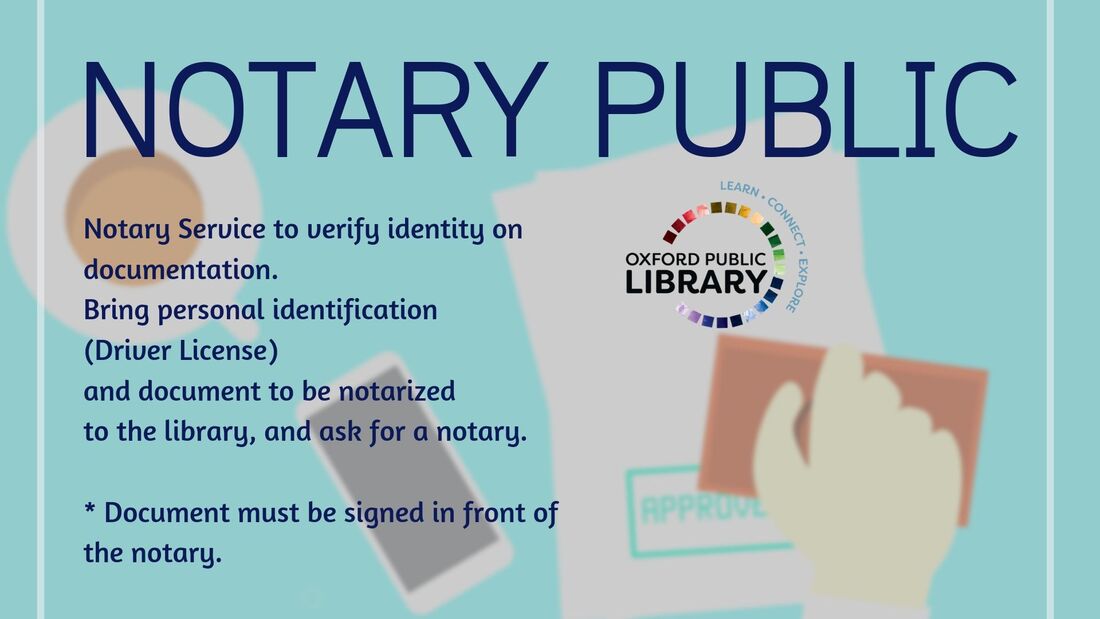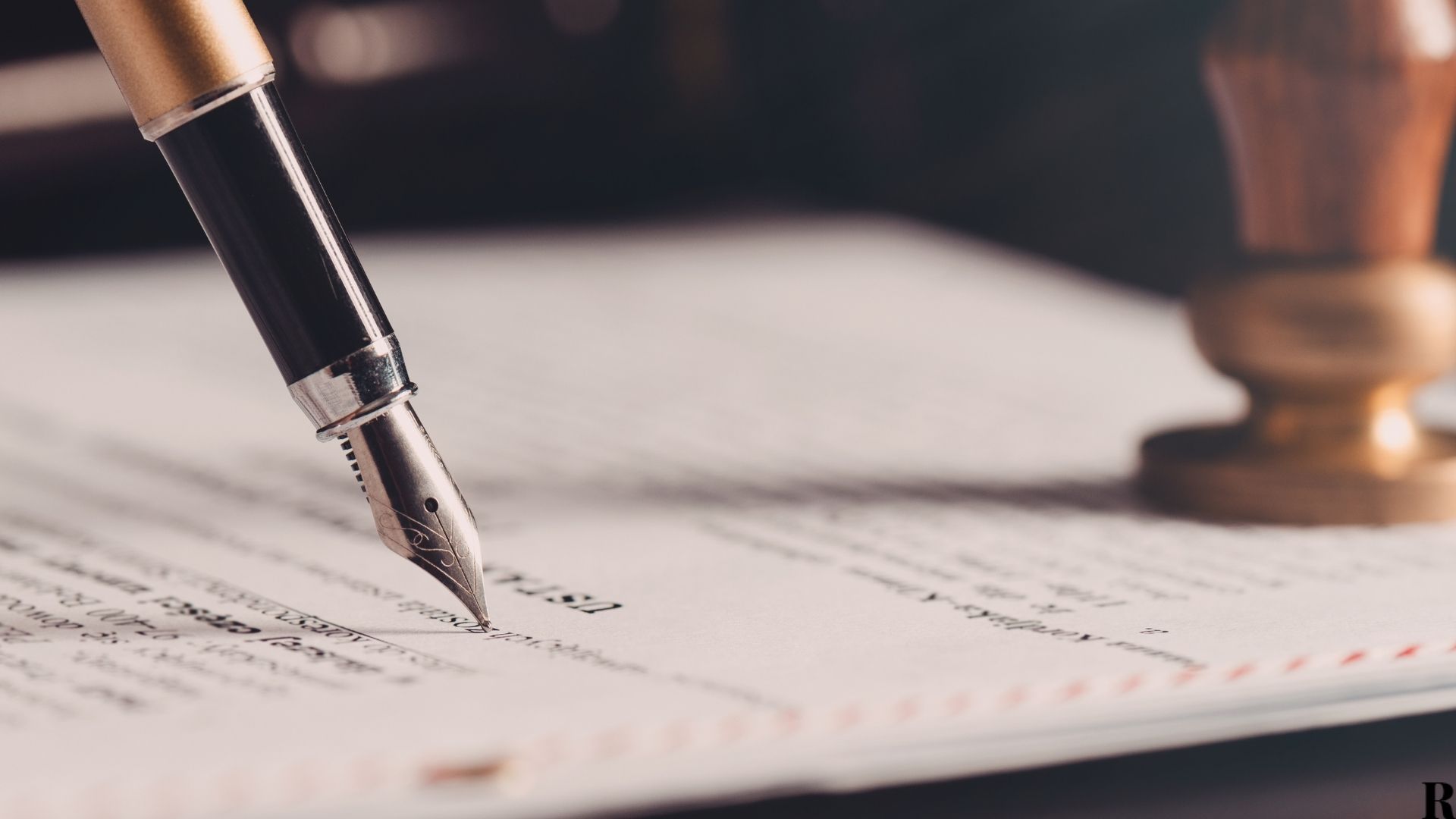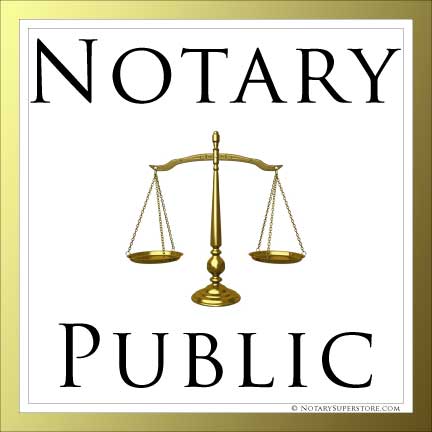Debunking Notarial Job: Simplifying the Function and Relevance of Notaries
In the detailed web of legal documents and confirmation, notaries stand as pillars of guarantee and authenticity. Their function, often shrouded in secret for lots of, brings significant weight in making sure the legitimacy and integrity of important records. As guardians of validity and truth, notaries play a critical component in our culture, yet their job is not always fully recognized. By unraveling the intricacies losing and bordering notarial practices light on the relevance of their acts, a clearer understanding emerges of the crucial duty notaries play in maintaining the textile of legal and contractual contracts.
The History of Notarial Job
The background of notarial work days back to ancient human beings, where scribes played a critical function in videotaping crucial information and validating documents. This led to the advancement of notaries, individuals selected by the state to act as objective witnesses in legal issues.
During the Center Ages, notaries gained importance in Europe, with their features increasing to include preparing lawful records, licensing signatures, and preserving documents. The increase of international profession even more stressed the importance of notarial operate in verifying agreements and agreements across borders.
In the contemporary era, notaries continue to play an important function in lawful and organization transactions by verifying identities, validating the authenticity of documents, and stopping fraud. Their duty in accrediting the credibility of agreements includes a layer of safety and depend the ever-evolving landscape of business and regulation.

Duties and Responsibilities of Notaries
Notaries play a crucial role in validating the authenticity of documents and the identity of signatories. One of their key obligations is to witness the signing of important records, such as agreements, wills, and acts, to guarantee that all parties are getting in into contracts purposefully and willingly.
They certify duplicates of initial documents, offering guarantee to establishments that the copies are true replicas of the originals. In general, the responsibilities and obligations of notaries are necessary in guarding the integrity and legality of various documents and deals - DIRCO.
Notarial Certificates and Signatures
Exemplifying thorough attention to detail, notarial certifications and signatures work as crucial parts in confirming the credibility of legal files. Notarial certificates generally include important info such as the day of notarization, the names of the notaries, a description of the record, and the notary's main seal. These certificates offer a clear record of the notarial act, ensuring that the record can be conveniently determined and traced back to the notary who oversaw the process.
Trademarks play a pivotal function in notarial job, as they symbolize the arrangement and approval of the celebrations entailed. Notaries meticulously witness the signing of documents to confirm the identity of the signatures and verify that they are authorizing of their own free will. By attaching their official seal and trademark to the record, notaries accredit that the necessary treatments have been followed which the document is legitimate and enforceable.
Basically, notarial my sources certificates and signatures are the hallmark of credibility in lawful transactions, giving assurance to all events included that the documents are reputable and binding.
Relevance of Notarial Acts

Notarization Process Described
The notarization procedure normally begins with the specific presenting the paper to a notary public. As soon as the identity is confirmed, the notary ensures that the individual authorizing the paper does so willingly and without any threat.

Final Thought

Notarial certificates look at here usually have important information such as the day of registration, the names of the signatories, a description of the record, and the notary's official seal. These certifications supply a clear record of the notarial act, ensuring that the paper can be quickly recognized and traced back to the notary who supervised the process.
By attaching their official seal and signature to the record, notaries certify that the essential procedures have been adhered to and that the document is legitimate and enforceable.
By validating the identification of the signatories, verifying their readiness to get in right into the arrangement, and certifying the date and location of the signing, notaries play a critical duty in upholding the validity of legal files.After the paper is signed, the notary will affix their official seal or stamp onto the document.
Comments on “Proficient Conveyancer: Promoting Smooth Property Purchases”